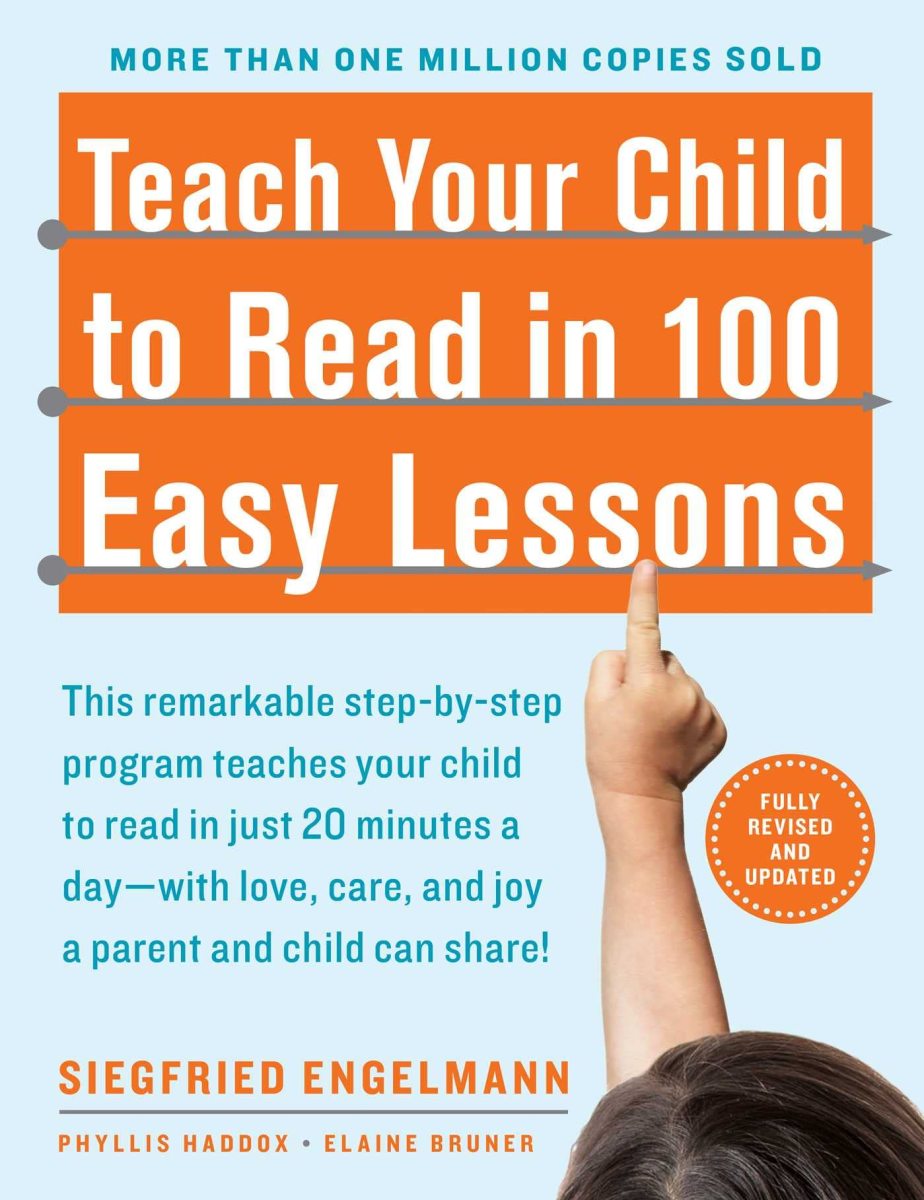Encouraging Students to be More Confident & Successful in the Classroom

The Three Rs of Studying: Record, Retain, Recall
Think of your brain as a computer processor. Record what you've learned by taking notes. Retain the information by relating it to something else you have learned (think anecdotes, or other similar learning concepts). Test your long-term memory by recalling the information in a different setting or at a later time.
Text Summary of Kanar's 'The Confident Student' Chapters 8-9
Kanar (2011) discusses how students can be more confident, and therefore successful in the college studies, through memory and study systems. While some students may be better at retaining information than others, having a purposeful plan gives students a better chance at being successful in school.
In chapter 8, Kanar (2011) focuses on the concepts of memory discussing the differences between short term and long-term memory. Kanar also explains about the three Rs of memory: record, retain and recall. While this writer was not formally introduced to the three Rs by name, she recognizes how she has used these concepts when preparing for tests herself. Students of every age, ethnicity and learning preference can easily integrate the three Rs into their study sessions, which will likely result in better retention of material and more success in studies.
In chapter 9, Kanar (2011) discusses the importance of implementing a study system. For example, the SQ3R system allows students to survey question read, recite and review elements of assigned reading. By focusing on all five parts of the SQ3R system, the student is able to read actively and become engaged in the material, spurring a deeper understanding of the content. This writer plans on using the SQ3R method in her classroom, and assign questions that will stimulate active reading and studying rather than just reading the textbook for reading’s sake.
Kanar's Book
Remember:
"You may not be able to eliminate all external distractions, but you can change the way you respond to them so that they don’t keep you from concentrating” (Kanar, 2011, p. 189).
So just how can you combat distractions?
- Think ahead-- what can you do now to help you succeed in the future?
- Anticipate problems-- working ahead limits problems from the expected later on
- Create a support group-- working with others helps stimulate your senses and sparks new ideas
- Ask for help-- ask your teacher and classmates for tips on what helps them remember things in the class
- Be optimistic, yet realistic-- don't give up!
Tips for Controlling Your Attention
- Decide to pay attention
- Monitor your thoughts & feelings
- Eliminate distractions — both internal & external
- Anticipate your needs
Six characteristics of a good study location:
1. Location — try to dedicate the space only for studying-- this allows you to keep focused on the task at hand.
2. Lighting — avoid too dim or too bright light which can tire your eyes-- don't let lighting be an excuse for letting your mind wander
3. Temperature — when possible, set the temperature to suit your comfort, or wear appropriate clothing so that you are not too hot or too cold
4. Furniture — select comfortable furniture (ergonomic is best), but don't get too comfortable studying or you may fall asleep-- break up the study session by stretching and standing up to get the blood flowing throughout your body.
5. Supplies — keep studying supplies nearby (such as pens, pencils, highlighters, paperclips, note cards, and sticky notes) to save time searching for them
6. Motivation aids — personalize your study environment to remind you of your goal
Knowing Your Learning Preference Can Help You Better Prepare for Tests
Remember
“Why you study is as important as what you study. You will be more attentive, more receptive to learning if you have a goal” (Kanar, 2011, p. 203)
References
Kanar, C. C. (2011). The confident student. Boston, MA: Wadsworth.
Articles in the series:
Chapters 1-4 http://dianelockridge.hubpages.com/hub/Kanars-The-Confident-Student-Text-Summary-of-Chapters-1-4
Chapters 5-6 & 13 http://dianelockridge.hubpages.com/hub/Kanars-The-Confident-Student-Text-Summary-of-Chapters-5-6-13
Chapter 7 http://dianelockridge.hubpages.com/hub/Text-Summary-of-Kanars-The-Confident-Student-Chapter-7
Chapters 8-9 http://dianelockridge.hubpages.com/hub/Text-Summary-of-Kanars-The-Confident-Student-Chapters-8-9
Student Success Tips http://dianelockridge.hubpages.com/hub/Tips-for-Student-Success-Based-on-Kanars-The-Confident-Student









